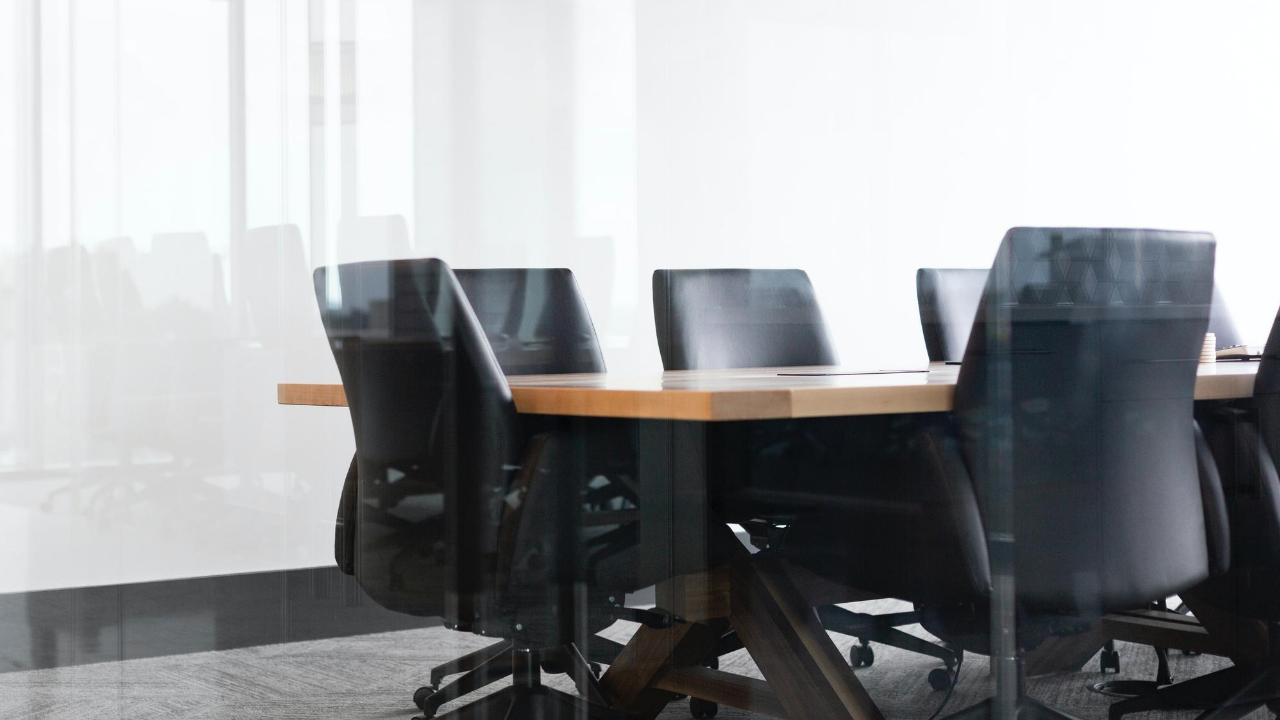ThinkLab has been working to study the metrics of how the current pandemic has impacted the design world.
One of the standout changes that can be expected from the design industry will be the adoption of flexible reconfigurations to meet remote working policies. Moving forward, companies will likely pivot towards a hybrid model of both at-home and in-office work, and with this will be come more purposeful workplace design.
“A community manager in the workplace should function as the connective tissue for the employees to interact with each other: remote or on-site,” said Ann Hoffman, Director of Workplace Strategies at Francis Cauffman Architects. “While acting as the ambassador for the company brand and the culture, the community manager can monitor trends and requests and implement services on the fly to enrich the connections.”
Prior to the pandemic, experts had written off the need for cubicles and fully embraced the open office model. Now, as distancing has become a necessity now and in the future, personalized seating may reemerge.
According to Steve Delfino, Corporate Marketing and Product Management at Teknion, the future of office design will be one that values creating boundaries between collaborative workspaces and private, focused environments. This will also be useful in keeping employees safe and healthy.
The growing popularity of lavish amenities may also dwindle down. At the start of the year, workplaces began investing into wellness programs that offered yoga classes and on-site healthy snack bars. Now, the focus for health amenities will be in sanitation protocols.















